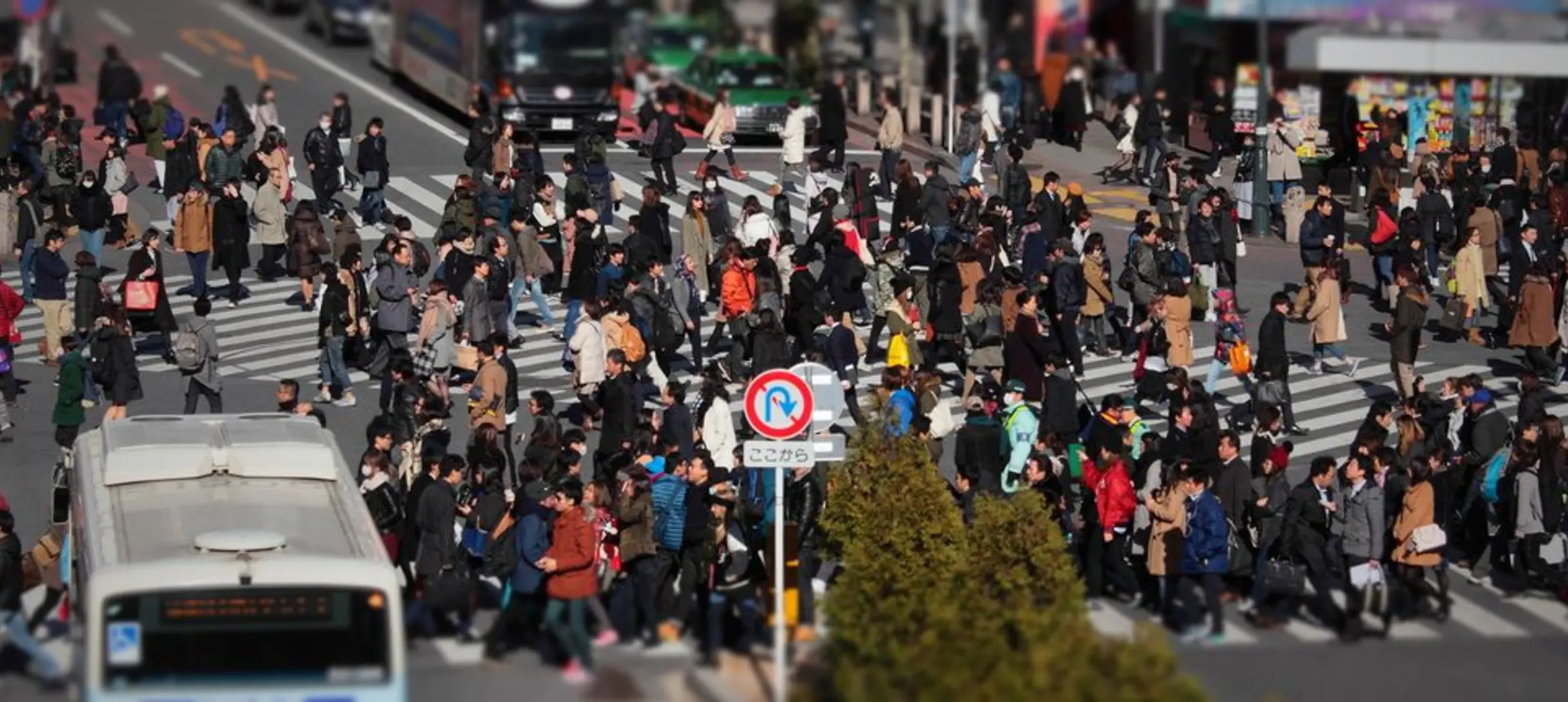Professor Harper is joined in a panel discussion on Populations and People by forced migration expert Alex Bett and geographer Ben Rogaly. The session, chaired by Guest Director Sarah Dallas, examines how variations in health, wealth, environment, politics and stability affect populations, both locally and globally in our dramatically changing world.
Drawing on the focus of the Royal Institution on the interaction of science and society, Professor Harper explores how economic and medical advances are transforming our populations. Beginning at the global level, she describes the population change which is arising as economic development spreads to the world’s different regions, leaving in its wake a changing population structure.
She visualises the contemporary global demographic and the particular challenges which arise from a large increase in the number of children in Africa, to a high proportion of young men and women in the Middle East, to the increasingly ageing populations in the High Income Countries.
Based on the content of her new book, 'How Population Change Will Transform our World' (Oxford University press), Professor Harper says:
“The debate in all three of these demographic zones needs to be framed though an understanding of the interaction of changes at the individual and at the societal level, bearing in mind the increasingly global interconnectedness of the world. Most of Asia and Latin America are currently experiencing a rapid growth in workers, while Africa still has high growth rates in children, but will soon experience a rapid expansion in its population of working age. Europe and North America are past this stage and are facing fewer workers and children, and a growth in older adults.
"In the light of these significantly changing age structures, the challenge in all regions is how to sustain and enhance well-being across an individual’s life, while at the same time reducing the inequalities within each generation.
"As countries develop, so their citizens are able to access the benefits of social, economic and scientific advances. In all societies, however, some people are better able to access these resources than others. How these resources are distributed accounts for the inequalities within societies. Demographically there are two main types of inequality: that within a generation, which is mainly mediated by socio-economic, ethnic and gender factors; and that between generations or between different birth cohorts. In particular, it may be argued that large generations take more societal resources than smaller ones.
"This may be mediated by market forces: for example rapid growth in the numbers entering the labour market may depress wage levels for all; an increase in the number of older people, who are likely to have assets, may reduce overall interest rates. Or they may influence government policies: in Advanced Economies there is a current need to transfer societal resources towards the large cohorts of older adults; while in Emerging Economies, the desire by governments to utilise the large cohorts of working age adults to drive the economy can threaten to reduce the societal resources available to the dependent generations on either side – children and old people. In the least developed world, emphasis is often placed by governments on the very young as they are the future of the country.
"However, this reallocation of resources to ensure inter-generational equity is also often overshadowed by the huge inequalities within each generation – between those able to access resources in health, education and income, and those less able to.”
Populations and People, Friday 9 June from 6-7pm at The Cheltenham Science Festival, The Pillar room, Chetlenham Town Hall.
